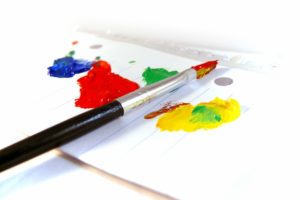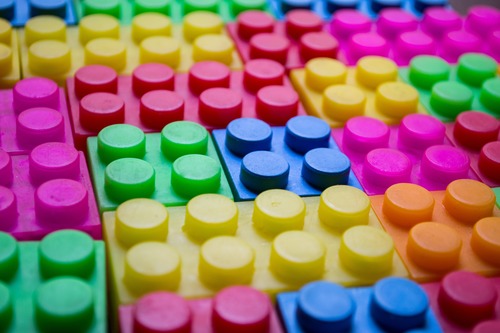Expressive Therapies
ART THERAPY
The use of art in therapy allows clients to express themselves in new ways and often find new insights about themselves. We use a variety of mediums including watercolor painting, crayon, chalk, markers, charcoals, pencils, and sculpting materials. Through a variety of different therapist guided activities, you can explore and increase your understanding of emotions and inner thoughts.

Artistic ability is not necessary for a great therapy experience!
Art is helpful for people who struggle to identify or talk about their feelings; it is especially helpful for children who don’t always have the vocabulary to fully express their feelings through standard talk therapy. Art is a nonthreatening way for individuals and families to open up and learn more about themselves and each other.
THERE ARE MANY ADDITIONAL BENEFITS TO USING ART IN THERAPY INCLUDING:
- Art can help people to recognize and deal with emotional conflicts
- Art increases self-awareness
- It can increase creativity and problem solving abilities
- Art helps individuals learn to better manage their behavior
- It can increase an individual’s ability to cope with stressors
- Art helps to develop social skills
- Art can help people to stay better connected with reality
- It can help to reduce anxiety
- The use of art helps to increase self-esteem
- It can reduce discomfort associated with talking about difficult subjects like past trauma
- And last but not least: It’s fun!
PLAY THERAPY
 Play therapy involves the use of toys, games, and imaginative play rather than standard talk therapy. This model is primarily used with children, but it can be helpful for those who struggle with self-expression as well. Unstructured play can help the therapist to assess areas of clinical concern or possible relationship issues.
Play therapy involves the use of toys, games, and imaginative play rather than standard talk therapy. This model is primarily used with children, but it can be helpful for those who struggle with self-expression as well. Unstructured play can help the therapist to assess areas of clinical concern or possible relationship issues.
The therapist can also use structured activities to teach skills such as impulse control and coping strategies. Through the use of play therapy, kids and adolescents are able to act out their situation or emotional struggles in a smaller scale; while they may feel they have little control over certain aspects of their life, in play they can take control and work through their feelings.
We might allow the child to start with less structured play or in some cases we might give basic guidelines such as, “Let’s play house; tell me about this family.” As difficult feelings surface in play, the child is able to face them and better cope with them. Additionally, kids can express their difficult feelings such as their anger or pain in a safe and healthy way. And of course play therapy is nonthreatening and fun for kids so they enjoy coming to therapy.
ADDITIONAL BENEFITS OF PLAY THERAPY INCLUDE:
- It can improve family communication and bonding
- It can help kids to develop better coping and problem solving strategies
- It can improve emotional expression
- Play can increase empathy and social skills
- Kids develop more responsibility for their behaviors
- It can increase confidence and improve self-esteem
